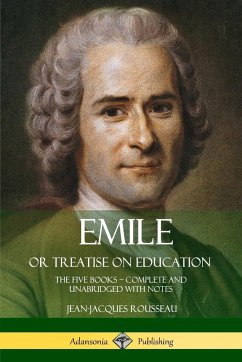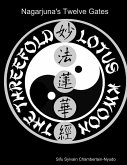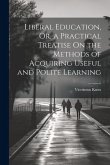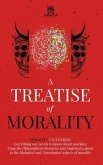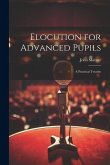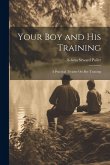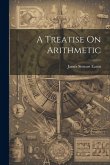Emile, or On Education, examines the nature of education and of man, instructing the reader on how to raise a child to live a harmonious, philosophically rich life. Written in an order of the child's upbringing, each part of the text discusses how best to teach a young person values which they can take onward to their ultimate benefit. The titular 'Emile' is the name of child who undergoes the tutoring. In praising the ideas of earlier thinkers, Rousseau compliments physical education and honing of intellect, emphasizing that the child must not learn simply from books, but also from venturing out and experiencing the tangible world and reality before them. One part of the text is notable for what were then considered stark criticisms of religion and philosophy. As a result, Emile was banned in France and elsewhere at the time of publication. The famously derisive Voltaire condemned most of the book, but praised the portion which resulted in its banning - Profession of Faith of the Savoyard Vicar.
Bitte wählen Sie Ihr Anliegen aus.
Rechnungen
Retourenschein anfordern
Bestellstatus
Storno

